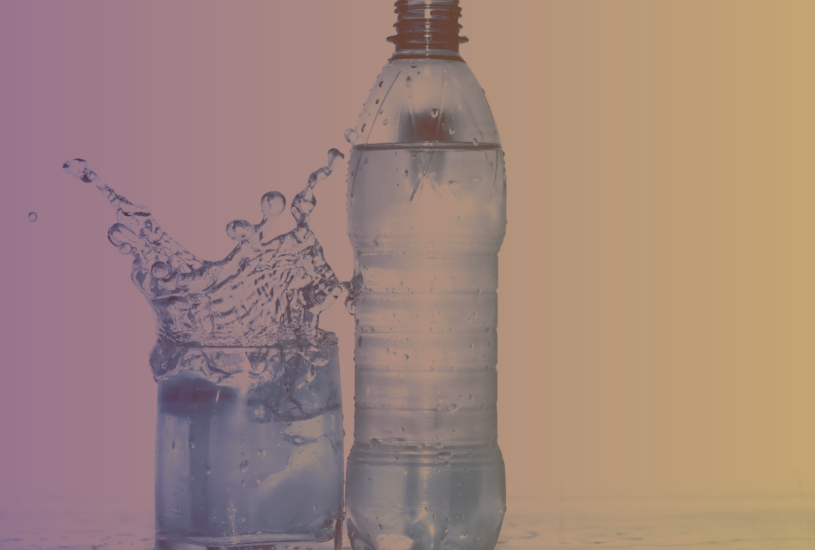
In this blog we explore how to prevent dehydration in older people. Dehydration is a condition which can affect anyone, but is more prevalent among the ageing population.
Dehydration is when there is not enough water in the body. It can be caused by inadequate intake, by diseases such as diabetes, from medication including diuretics, or from excessing vomiting, diarrhea or sweating.
A review of research into the subject concluded 24% of older people were dehydrated. Those with existing kidney problems and those living in long-term care were most likely to be affected.
Symptoms of dehydration in older people
- feeling thirsty, dizzy, tired or lightheaded.
- dark yellow, strong-smelling urine or urinating less often.
- a dry mouth, lips and tongue.
- sunken eyes.
Dehydration means your body loses more fluids than you take in. If it’s not treated, it can get worse and become a serious problem.
NHS
How can we stop older people becoming dehydrated?
- Monitoring water intake –
For example, by using a drinks bottle or cup which is marked so the volume consumed can be seen easily. - Encouraging regular intake –
Reminding an older person to drink water regularly through the day, for example by asking them to drink a full glass of water whenever they take medication. Notes can also be left in highly visible places to remind them to drink more. - Ensure they have access to water –
Especially for those with limited mobility, having a glass of water within reach makes it easier for them to keep hydrated. - Use food as a source of hydration –
Fruits, vegetables and soups can be a good additional source in addition to any water consumed. Low sodium options are ideal as high levels of sodium can be dehydrating. - Monitor urine output –
If a person begins urinating less or their urine is a darker colour, then they need to drink more water to ensure they do not become dehydrated. - Provide alternative options –
Explore options such as flavoured, sparkling or coconut water if the older person does not want to drink still water. - Take plenty of water out –
If the older person is able to get out and about, they should always have drinks with them. This is especially important in hot and humid environments. - Avoid caffeine and alcohol –
Both can caused increased urination in high quantities, leading to a loss of body water. - Discuss with a health professional –
If there are specific concerns, for example around a person’s health conditions or medications they are taking, then always consult a professional for extra support.
As part of our nutrition and wellness services, we can help support increased hydration and a balanced diet which includes plenty of high-water-content foods. Get in touch if you would like to find out more.
